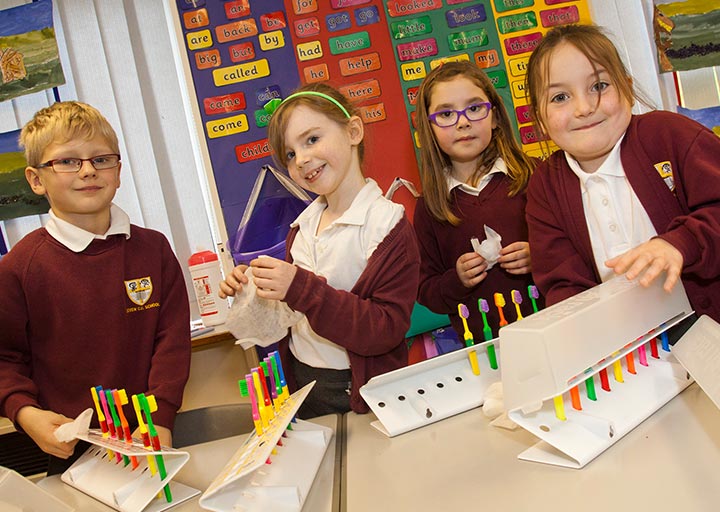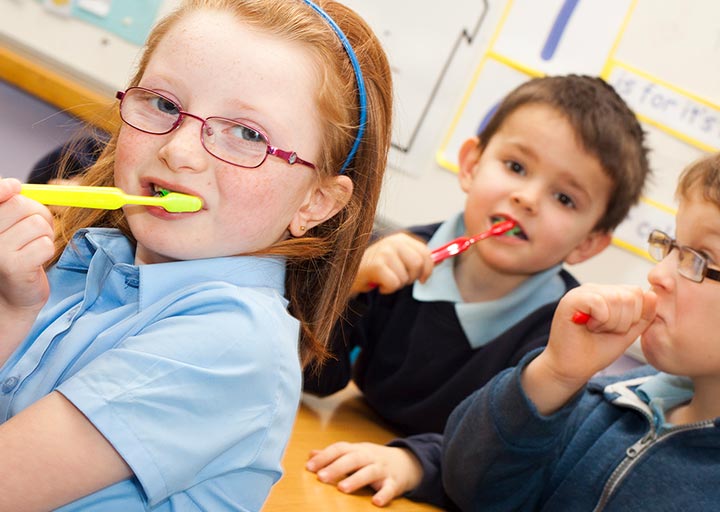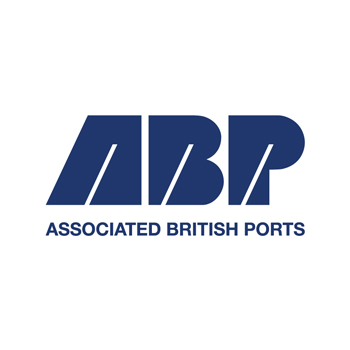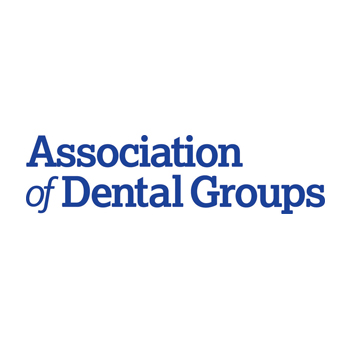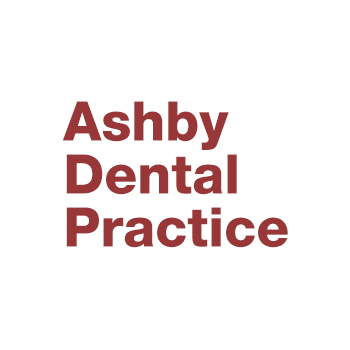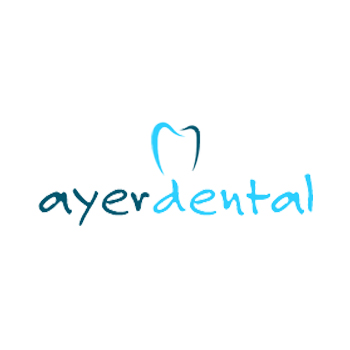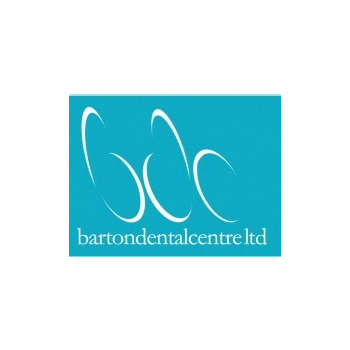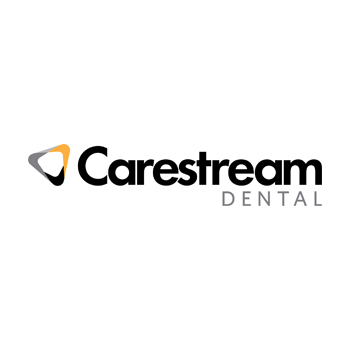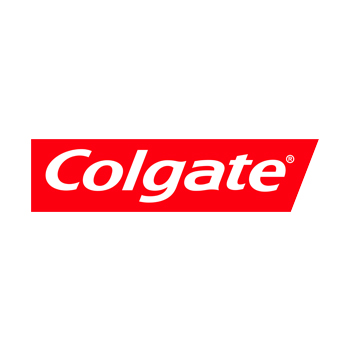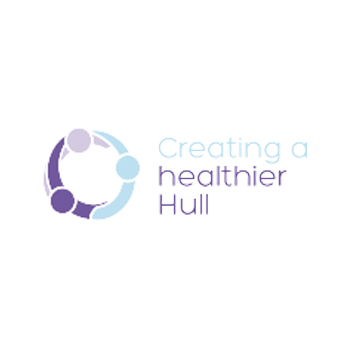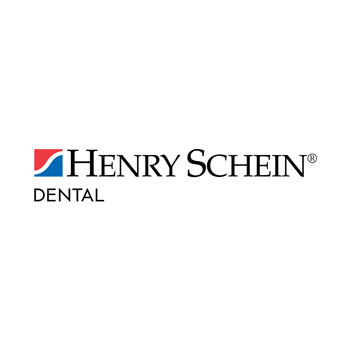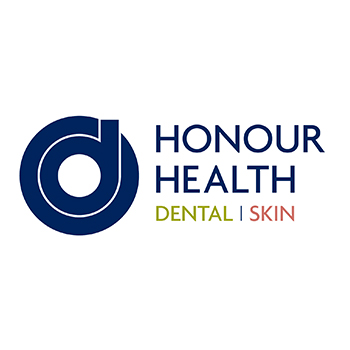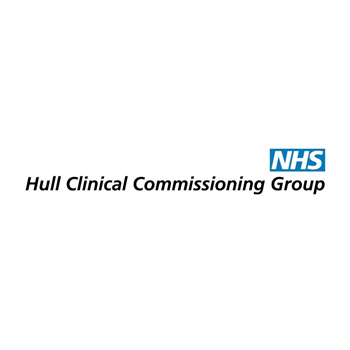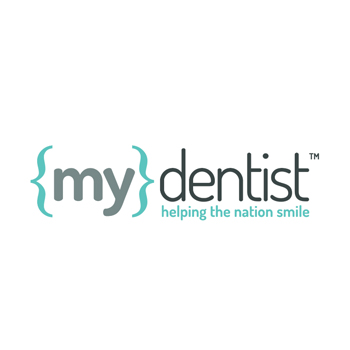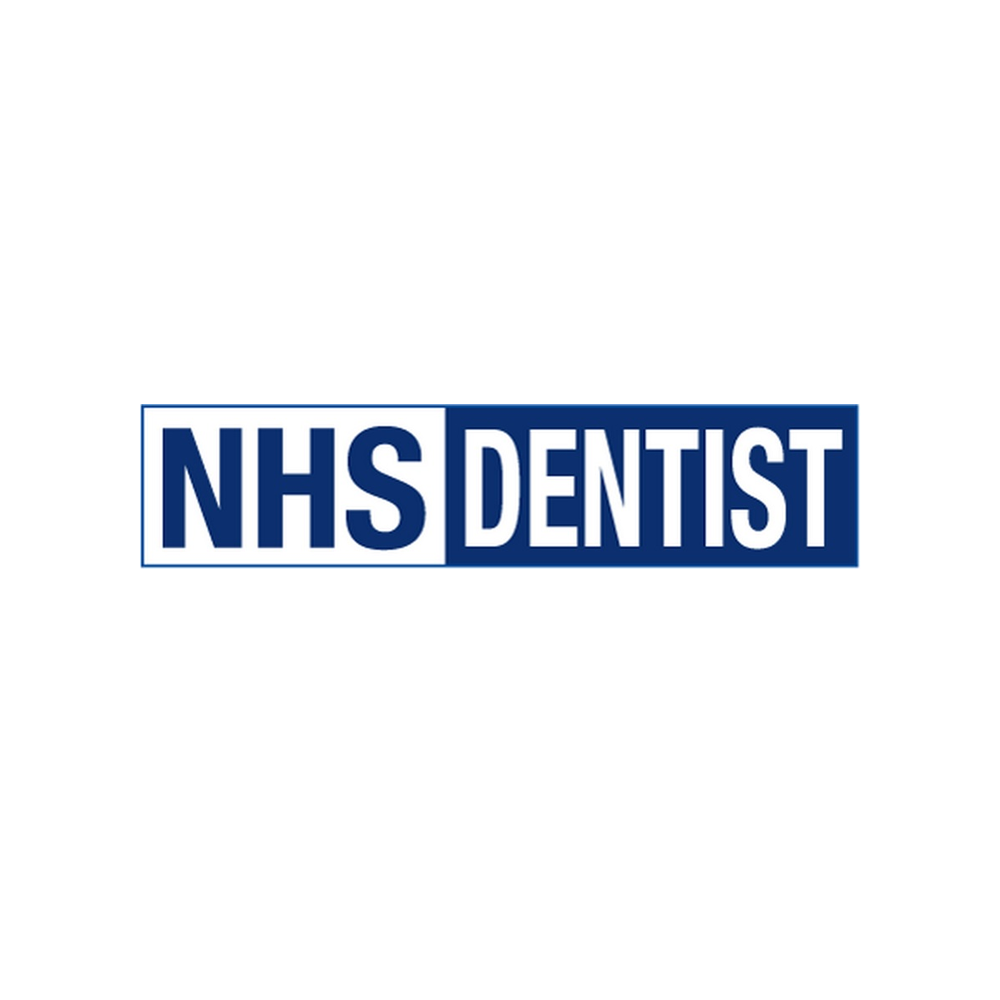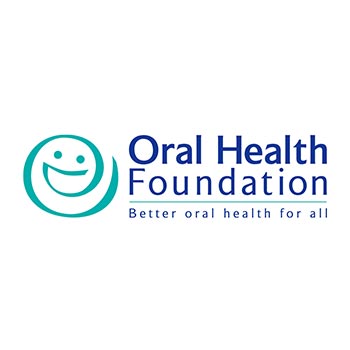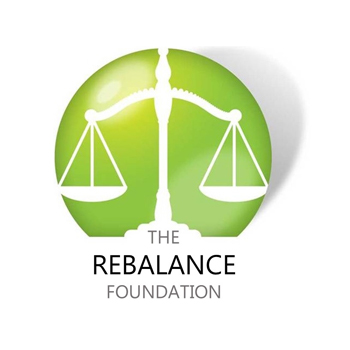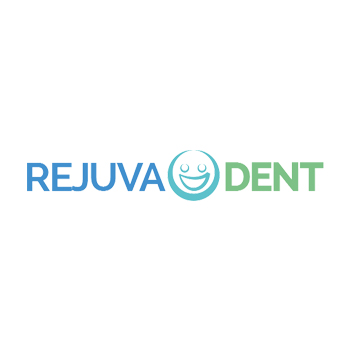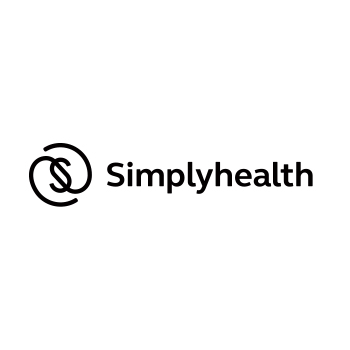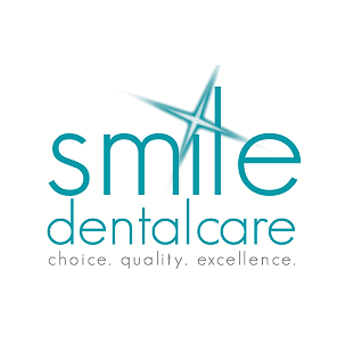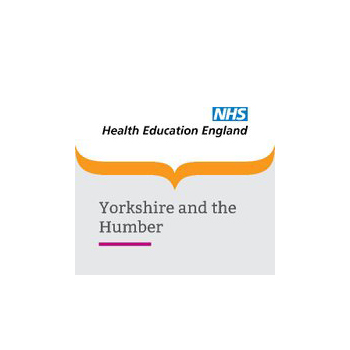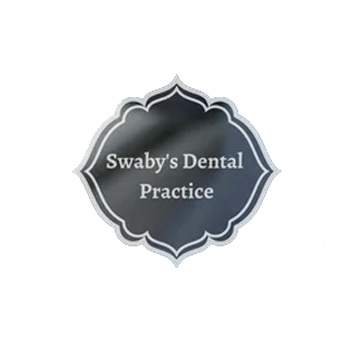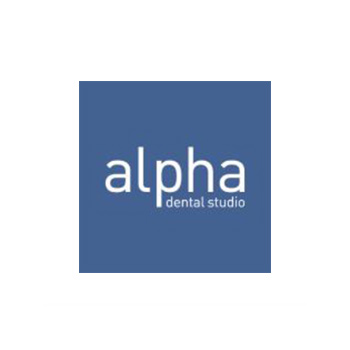Your little one’s not at school yet, or possibly not even born, so how can Teeth Team help them? Well, we like to get the word out to children of all ages. The earlier you start teaching your baby about dental health, the better! They may not understand right now, but they will become accustomed to you brushing their teeth and you should also take them to visit the dentist. There might not be much to see just yet, but by popping in to say hello, they will feel comfortable going regularly as they grow older.
PARENT & BABY
CARING FOR YOUR BABY
AND HOW TO LOOK AFTER THEIR ORAL HEALTH
Video – Diet advice for children
Video – Decay prevention advice for parents and carers
Important Information
When will my baby’s teeth start to come through?
Believe it or not, some babies are born with teeth! More commonly, babies’ teeth begin to erupt around the age of 6 months, but your baby may show signs of teething earlier than this. From about 3 months of age you may notice he/she dribbles more than usual and has a tendency to put things in their mouth. Other signs of teething are red cheeks and a raise in temperature which can sometimes make them irritable and unsettled.
How can I help soothe my baby’s sore gums while teething?
Try giving your baby something to chew on like a teething ring which has been in the fridge. The coldness helps to relieve the symptoms, but never put the teething ring in the freezer as it can cause freezer burns to your baby’s gums.
It’s also a good idea to use a toothbrush as a teething aid as it massages the gums and also gets your baby used to the feel of a toothbrush in their mouth in preparation for brushing. Never leave your baby unsupervised with a toothbrush!
I think my baby needs more than just milk to drink, is it okay to give them juice?
Quite often, as parents, we worry about how much fluid our babies drink, especially in hot weather. If you are breast feeding your baby, they will be getting all the fluids they need as breast milk is food and drink rolled into one!
If you are bottle feeding you may need to give your baby extra fluids, as bottle fed babies can sometimes become constipated. Use cooled boiled water. Never add sugar to the water, as this can have the opposite effect and may lead your baby to have diarrhoea. If used frequently, it can also cause tooth decay and your baby may develop a liking for sweetened drinks. Never give anything other than milk or water in a baby’s feeding bottle.
There are numerous baby juices available in the supermarkets, all claiming to be vital to health and very misleading. The truth is the only drinks which are healthy for teeth are milk and water. The vast majority of baby drinks contain sugar and acid. Even the herbal juices are harmful to teeth. On average 125ml of made up baby juice contains 4 teaspoons of sugar!
Look at the list below and see how much sugar is in the average 125ml of drink:
- Blackcurrant cordial – 6 teaspoons
- Apple juice – 5 teaspoons
- Apple and rosehip – 5 teaspoons
- Orange and chamomile – 5 teaspoons
- Pear and peach – 4 teaspoons
- Apple and blackcurrant – 4 teaspoons
- Apple and orange – 3 teaspoons
- Summer fruit – 2 teaspoons
- Drinking chocolate – 2 teaspoons
When should my baby start drinking from a cup?
Introduce a free flowing feeding cup to your child from around the age of 4 months. It may take several attempts for your baby to master the art of drinking from a cup as it will feel totally different to a teat or a nipple, but persevere.
If you do give juice to your baby, always use a free flowing cup and only give it at meal times. This will help to reduce the risk of bottle caries which is a condition where the upper front teeth decay as a result of constantly being in contact with sugary drinks. Never let your baby fall to sleep drinking juice!
Try to avoid “No spill” cups as these encourage frequent use and can also have a negative impact on your baby’s speech development due to the intense sucking action and the position of the tongue needed to open the valve inside which releases the fluid.
When and how should I wean my baby onto solid food?
You can start to introduce solid foods into your baby’s diet from around six months of age. It’s important that you take this chance to establish healthy eating habits that will serve them for life, so choose nutritious foods with no added sugar. Remember, babies aren’t born with a ‘sweet tooth’ – it’s acquired and can be avoided! Introduce a variety of flavours and keep foods that are naturally sweet, such as bananas, to a minimum. This will help your child develop a healthy palate. Beware of common baby finger-foods, such as rusks, Cheerios and dried fruits, as these contain a lot of sugar. Healthier options include cheese sticks, plain cooked pasta shapes and full-fat plain yoghurt. For more advice on what, and what not, to feed your weaning baby, check out the NHS Start 4 Life website.
When should I take my baby for the first time to see the dentist?
We all know the health risks related to smoking and alcohol intake, but during pregnancy your social habits can have a negative effect on your unborn baby.Babies should be seen by a dentist as soon as their first tooth appears and definitely before their first birthday. Ideally you should take them along when you go to see the dentist for a check-up as they will get used to the surroundings before the time comes for them to have their own teeth checked.
The dentist may suggest your baby sits on your knee whilst they have a look at their teeth. Visits to the dentist should be a fun experience for children as this helps to prevent the onset of a dental phobia. All too often dentists see very young children for their first visit when they already have tooth decay and are in pain.
If your baby refuses to let the dentist have a look at their teeth, don’t worry. It is quite normal for young children to behave in this way especially when it’s something new to them. Never restrain your child in the dental chair as this will frighten them and may make any future treatment impossible to carry out.
Stay calm and take them back again on another day when they will probably feel happier about letting the dentist have a look and will be more compliant.
It is important your baby visits the dentist regularly-every six months unless you are advised otherwise.
Is it okay to give my baby a dummy?
If you feel your baby needs a dummy to settle them it’s fine! In years gone by some midwives would frown upon mums who gave their babies a dummy. Thankfully things have changed!
However, there are a few golden rules to remember when using dummies:
- Make sure it is sterilised correctly.
- Never dip it in anything, for example honey, sugar or juice as these encourage tooth decay.
- Only use it as a pacifier (to get your baby to sleep or to comfort them).
- Don’t allow your baby/toddler to use it all day as it may affect the positioning of teeth when they start to come through, preventing the upper and lower jaws from meeting correctly.
- Always remove it when your toddler is talking as speech is very often affected in children who are allowed to speak whilst the dummy is still in their mouth.
Children from the ages of 3-4 years should be discouraged from using a dummy at this stage in their development as it may cause problems with the positioning of their adult teeth when they start to come through increasing the need for braces in their teens.
ASK US A QUESTION
Have a question about Teeth Team? Simply fill out the form below and a member of the team will answer your question!
PROUDLY SUPPORTED BY

